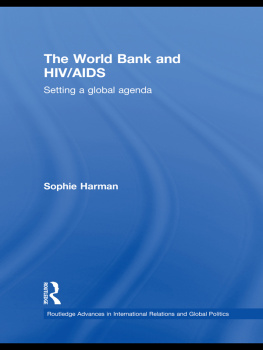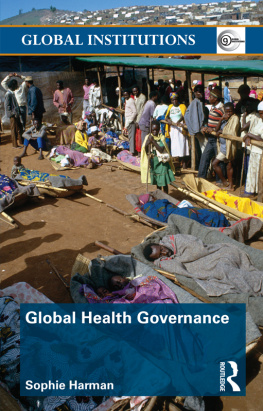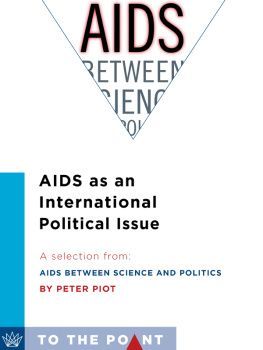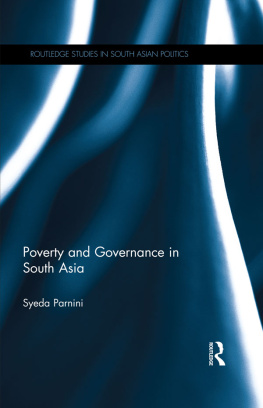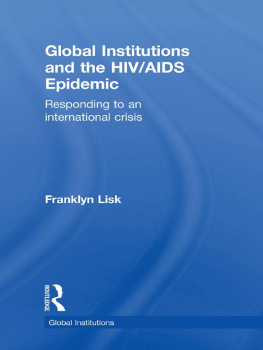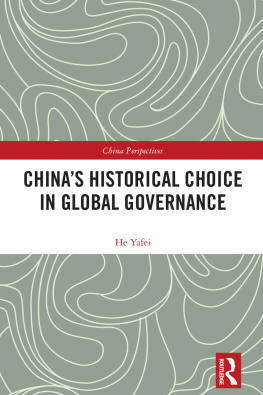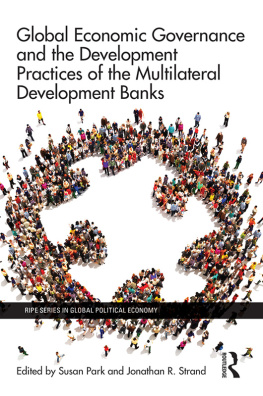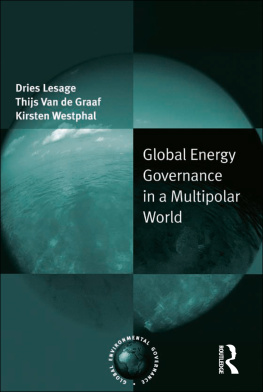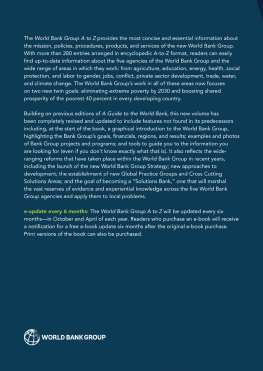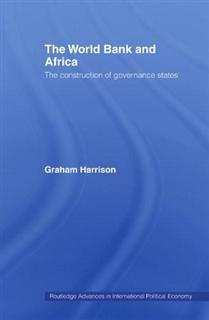The World Bank and HIV/AIDS
The governance of HIV/AIDS has come to represent a multi-faceted and complex operation set and sustained by the World Bank. The governance of HIV/AIDS is a political project that seeks to embed liberal practice through individual, state, and community behaviour. At the heart of this practice is the drive to impose blueprint neoliberal market-based solutions on a personal-global issue.
This book unravels how the Banks good governance agenda and commitment to participation, ownership and transparency manifests itself in practice through the Multi-Country AIDS Program (MAP), and crucially how it is pushing an agenda that sees a shift in both global health interventions and state configuration in sub-Saharan Africa. The book considers the mechanisms used by the Bank and the problems therein to engage the state, civil society and the individual in responding to the HIV/AIDS crisis, and how these mechanisms have been exported to other global projects such as the Global Fund and UNAIDS. Harman argues that not only has the Bank set the global agenda for HIV/AIDS, but underpinning this is a wider commitment to liberal governance through neoliberal incentive.
Making an important contribution to our understanding of global governance and international politics, this book will be of interest to students and scholars of politics, international political economy, international relations, development studies and civil society.
Sophie Harman is a Lecturer in International Politics at City University, London.
Routledge Advances in International Relations and Global Politics
1 Foreign Policy and Discourse Analysis
France, Britain and Europe
Henrik Larsen
2 Agency, Structure and International Politics
From ontology to empirical enquiry
Gil Friedman and Harvey Starr
3 The Political Economy of Regional Co-operation in the Middle East
Ali Carkoglu, Mine Eder, Kemal Kirisci
4 Peace Maintenance
The evolution of international political authority
Jarat Chopra
5 International Relations and Historical Sociology
Breaking down boundaries
Stephen Hobden
6 Equivalence in Comparative Politics
Edited by Jan W. van Deth
7 The Politics of Central Banks
Robert Elgie and Helen Thompson
8 Politics and Globalisation
Knowledge, ethics and agency
Martin Shaw
9 History and International Relations
Thomas W. Smith
10 Idealism and Realism in International Relations
Robert M.A. Crawford
11 National and International Conflicts, 19451995
New empirical and theoretical approaches
Frank Pfetsch and Christoph Rohloff
12 Party Systems and Voter Alignments Revisited
Edited by Lauri Karvonen and Stein Kuhnle
13 Ethics, Justice and International Relations
Constructing an international community
Peter Sutch
14 Capturing Globalization
Edited by James H. Mittelman and Norani Othman
15 Uncertain Europe
Building a new European security order?
Edited by Martin A Smith and Graham Timmins
16 Power, Postcolonialism and International Relations
Reading race, gender and class
Edited by Geeta Chowdhry and Sheila Nair
17 Constituting Human Rights
Global civil society and the society of democratic states
Mervyn Frost
18 US Economic Statecraft for Survival 19331991
Of sanctions, embargoes and economic warfare
Alan P. Dobson
19 The EU and NATO Enlargement
Richard McAllister and Roland Dannreuther
20 Spatializing International Politics
Analysing activism on the internet
Jayne Rodgers
21 Ethnonationalism in the Contemporary World
Walker Connor and the study of Nationalism
Edited by Daniele Conversi
22 Meaning and International Relations
Edited by Peter Mandaville and Andrew Williams
23 Political Loyalty and the Nation-State
Edited by Michael Waller and Andrew Linklater
24 Russian Foreign Policy and the CIS
Theories, Debates and Actions
Nicole J. Jackson
25 Asia and Europe
Development and different dimensions of ASEM
Yeo Lay Hwee
26 Global Instability and Strategic Crisis
Neville Brown
27 Africa in International Politics
External Involvement on the Continent
Edited by Ian Taylor and Paul Williams
28 Global Governmentality
Governing International Spaces
Edited by Wendy Larner and William Walters
29 Political Learning and Citizenship Education Under Conflict
The Political Socialization of Israeli and Palestinian Youngsters
Orit Ichilov
30 Gender and Civil Society
Transcending Boundaries
Edited by Jude Howell and Diane Mulligan
31 State Crises, Globalisation and National Movements in North-East Africa
The Horns Dilemma
Edited by Asafa Jalata
32 Diplomacy and Developing Nations
Post-Cold war foreign policy-making structures and processes
Edited by Justin Robertson and Maurice A. East
33 Autonomy, Self-governance and Conflict Resolution
Innovative approaches to institutional design in divided societies
Edited by Marc Weller and Stefan Wolff
34 Mediating International Crises
Jonathan Wilkenfeld, Kathleen J. Young, David M. Quinn and Victor Asal
35 Postcolonial Politics, The Internet and Everyday Life: Pacific Traversals Online
M.I. Franklin
36 Reconstituting the Global Liberal Order
Legitimacy and regulation
Kanishka Jayasuriya
37 International Relations, Security and Jeremy Bentham
Gunhild Hoogensen
38 Interregionalism and International Relations
Edited by Heiner Hnggi, Ralf Roloff and Jrgen Rland
39 The International Criminal Court
A global civil society achievement
Marlies Glasius
40 A Human Security Doctrine for Europe

